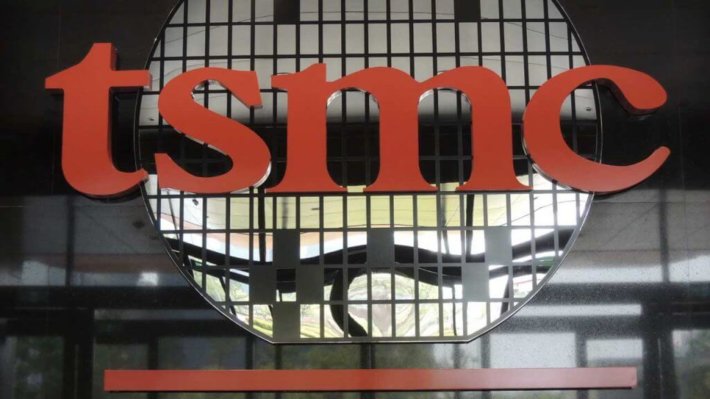2018-11-15 21:39 |
Bitmain, the largest mining company and hardware manufacturer of the world, has denied the widely circulated reports that Jihan Wu, a co-founder and CEO of the company, had been demoted from the board of BitMain Technologies Holding Company.
The rumors started when the Chinese media has affirmed that Wu and several other executives had left their positions at Beijing Bitmain Technology Limited, which is officially another company. The report cited a lawyer which was not affiliated with Bitmain that affirmed that Jihan Wu would no longer have executive power over Bitmain’s decisions.
However, at the time, the report has only affirmed that he lost power over “Bitmain” and has not differentiated between Beijing Bitmain Technology and the holding company. After that, many media outlets, including ours, have reported that Jihan Wu was no longer at the board and that he had lost voting power.
Now, the company has officially affirmed that the board reshuffle was only regarding BitMain Technologies Holding Company, which is not exactly the same Bitmain” that we all know. The company has affirmed: “To be clear, there is no change in the board structure” at the main company.
Most of the mix-up happened because we lack direct access to the official Chinese information because of the language barrier, so many media outlets have followed the original reports and understood that it was, in fact, the main Bitmain company that was the one being talked about.
The Board ChangesDespite the current affirmations of the company, there was, in fact, a board reshuffle, as we have reported. Now, Ketuan “Micree” Zhan, which had previously served as the chairman of the board of the holding company, has become its new executive director instead of Jihan Wu.
As we informed, Wu’s role was officially changed from board director to supervisor and key personnel like Zhaofend Zhao and Yuesheng Ge are no longer at the board of directors.
Bitmain affirms that the reshuffling was made to meet regulatory requirements as the company is planning an Initial Public Offering (IPO) soon. This would simplify the board structure and facilitate the management.
In fact, this means that Jihan Wu will continue to be the co-head of the company. All the changes reported before were actually the truth, but they may signify new things. Wu no longer will lose power now and the changes look more technical than anything else, so it looks considerably less like Wu is being “kicked out” of the company’s board like it was the impression before and many speculated that it may be happening.
At the moment, there are still seven members of the holding company board. Zhan and Wu will serve as co-founders and executive directors of the main companies. The board will also have Ge and Luyao Liu and three independent non-exec directors which are not affiliated with the company.
Part of this is because of the requirement from the Hong Kong Exchange (HKEX) that any IPO issuer needs non-executive directors representing at least one-third of the board before the company goes public.
Technical Shuffles But No Power LostIt is our opinion that the Western crypto media jumped the gun a bit reporting that Jihan Wu would, in fact, lose power. The whole reshuffling ended up being very technical and mostly due to the IPO coming soon. Jihan Wu continues to be the king of the company, it seems.
The holding company has now adopted weighted voting rights using a dual-share structure and will be compromised of Class A and Class B shares.
According to the official statement, each Class A share will give one vote for the holder while each Class B class will let the owner have ten votes. All resolutions will be voted by the investors except for the resolutions that are in respect to a limited number of Reserved Matters in which everyone will get a single vote.
At the moment, both Zhan and Wu hold 3.9 and 2.2 billion Class B shares respectively, so they have plenty of voting power in the future of the company.
The Hong Kong Exchange uses the dual-share structure for a couple of years now as a way to attract more international tech companies. In 2014, Alibaba, a major Chinese company, went public on the New York Stock Exchange instead of using the Hong Kong Exchange because the company had a “one share, one vote” at the time.
origin »Bitcoin price in Telegram @btc_price_every_hour
Speed Mining Service (SMS) на Currencies.ru
|
|




























